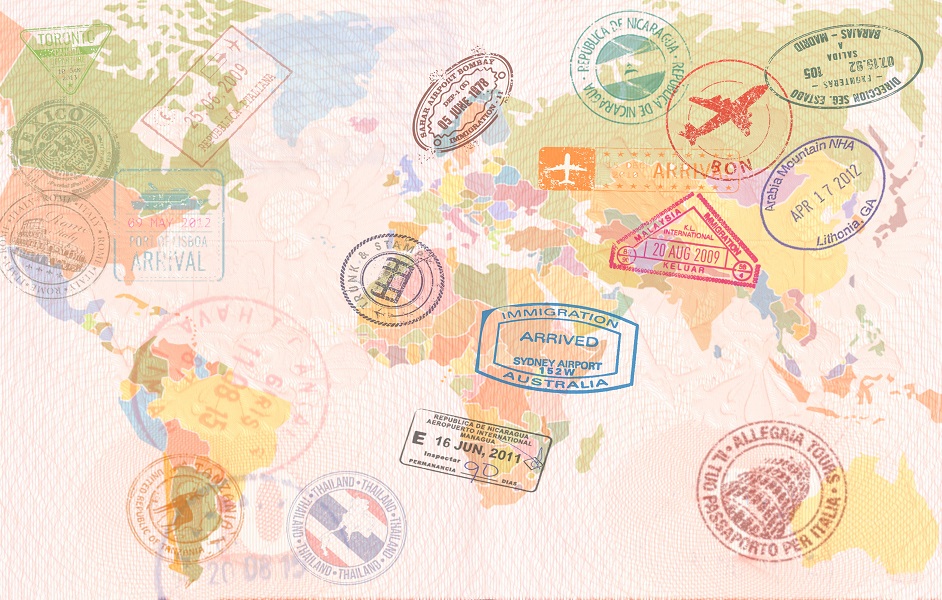Travel Prepared with the CIA's World Factbook Travel Facts
Did you know that over 700 languages are spoken across Indonesia, or that in Switzerland it's frowned upon to speak too loudly in public? When you're traveling, do you struggle to find out which plug type you will need for the countries you're visiting, or whether or not the tap water is safe for you to drink?
The CIA recently rolled out their World Factbook Travel Facts, available on their website in PDF form and for mobile devices. These fact sheets, for over 150 countries, hold important information that you may not think to look up when you travel, or that can be hard to find in one single source.
Know someone who likes to #travelwithintelligence - old school? Help them lighten the load; the World Factbook’s new Travel Facts are available for every country on your mobile devices. Travel smarter. Travel like a CIA officer!https://t.co/tPq30lekNM#WorldFactbookTravelFacts pic.twitter.com/uQX8od0Cvf
— CIA (@CIA) July 31, 2019
When you travel, you may not think about preparing information such as what the local emergency phone numbers are, or which side of the road they drive on where you're going. Do you need a Type C or Type G plug, and should you bring a voltage converter? This information can be found in these country summaries, along with information about necessary vaccinations, passport requirements, and major languages spoken.
Travel fact: Cleanliness is a source of pride in Belgium, where people can be seen washing the pavement in front of their house or sweeping the street.https://t.co/fM4vQSyIAu#WorldFactbookTravelFacts pic.twitter.com/WQPYdrljwS
— CIA (@CIA) August 1, 2019
Here is some interesting information found browsing the World Factbook Travel Facts:
- Brazil, Fiji, Canada, and the Cayman Islands are among the countries that also use 911 as their emergency number. A number of other countries, such as Ghana, Indonesia, Morocco, and Nicaragua, have different numbers depending on if you need an ambulance, the fire department or the police. In Australia, the number is different for landlines (000) and cell phones (112).
- While eating in Denmark, it is customary to keep one's hands visible even when resting. So, wrists are often laid on the table.
- In Vietnam, standing with your hands on your hips or crossing your arms on your chest are seen as impolite body language.
- Many countries suggest obtaining an international driving permit. However, in Bermuda, visitors are not allowed to drive at all, and in The Gambia, visitors must obtain a temporary license from the local authority.
In Cambodia, traditional greetings consist of a bow combined with a bringing of the hands together at the chest. The more respect intended, the lower the bow and the higher the placement of the hands.https://t.co/tPq30lekNM #WorldFactbookTravelFacts pic.twitter.com/aCCfJ6woTi
— CIA (@CIA) August 12, 2019
What information from the World Factbook Travel Facts do you find useful or interesting? Will you consult these the next time you travel abroad? Let us know over on our Facebook or Twitter, and don't forget to use the #WorldFactbookTravelFacts hashtag!
